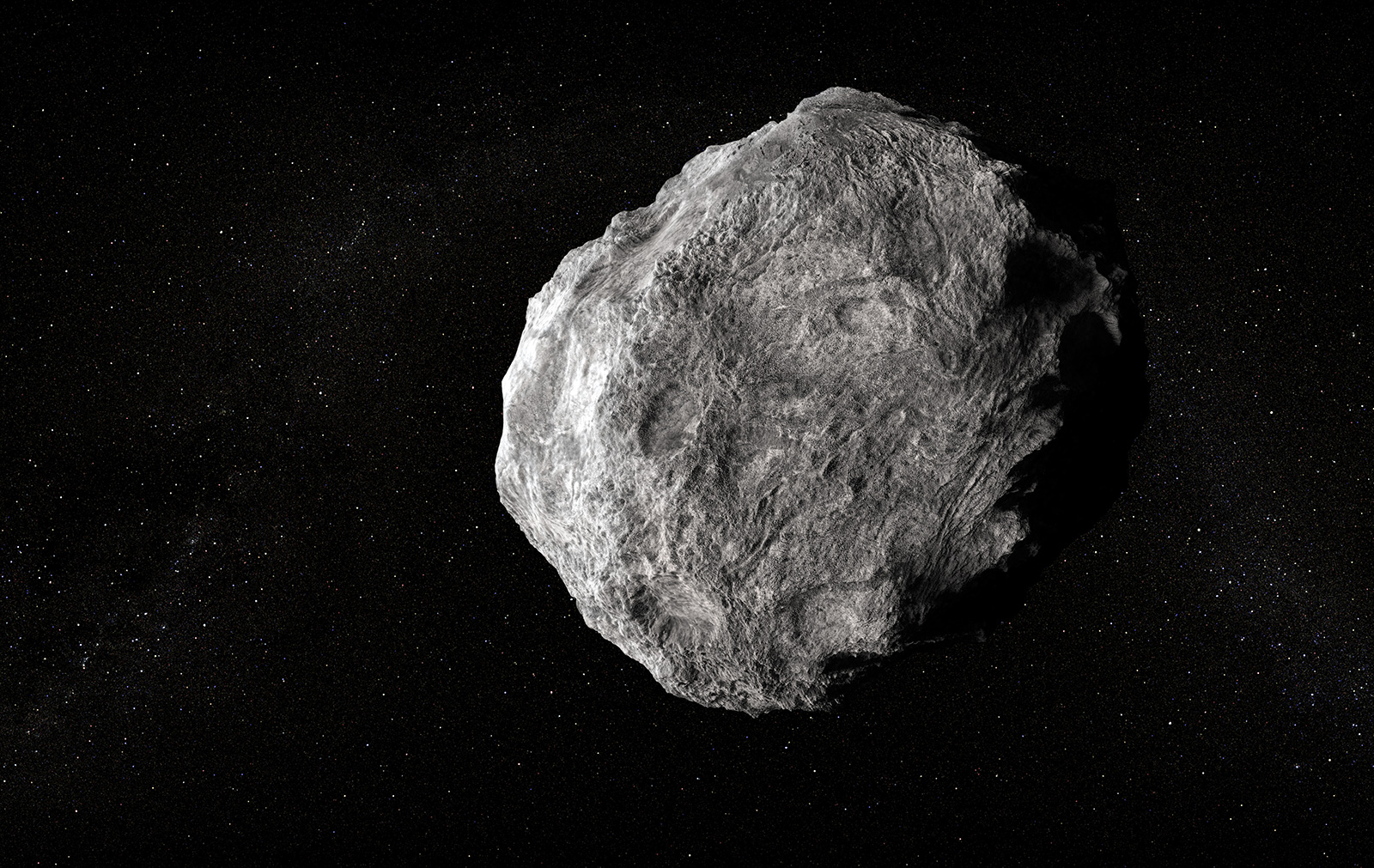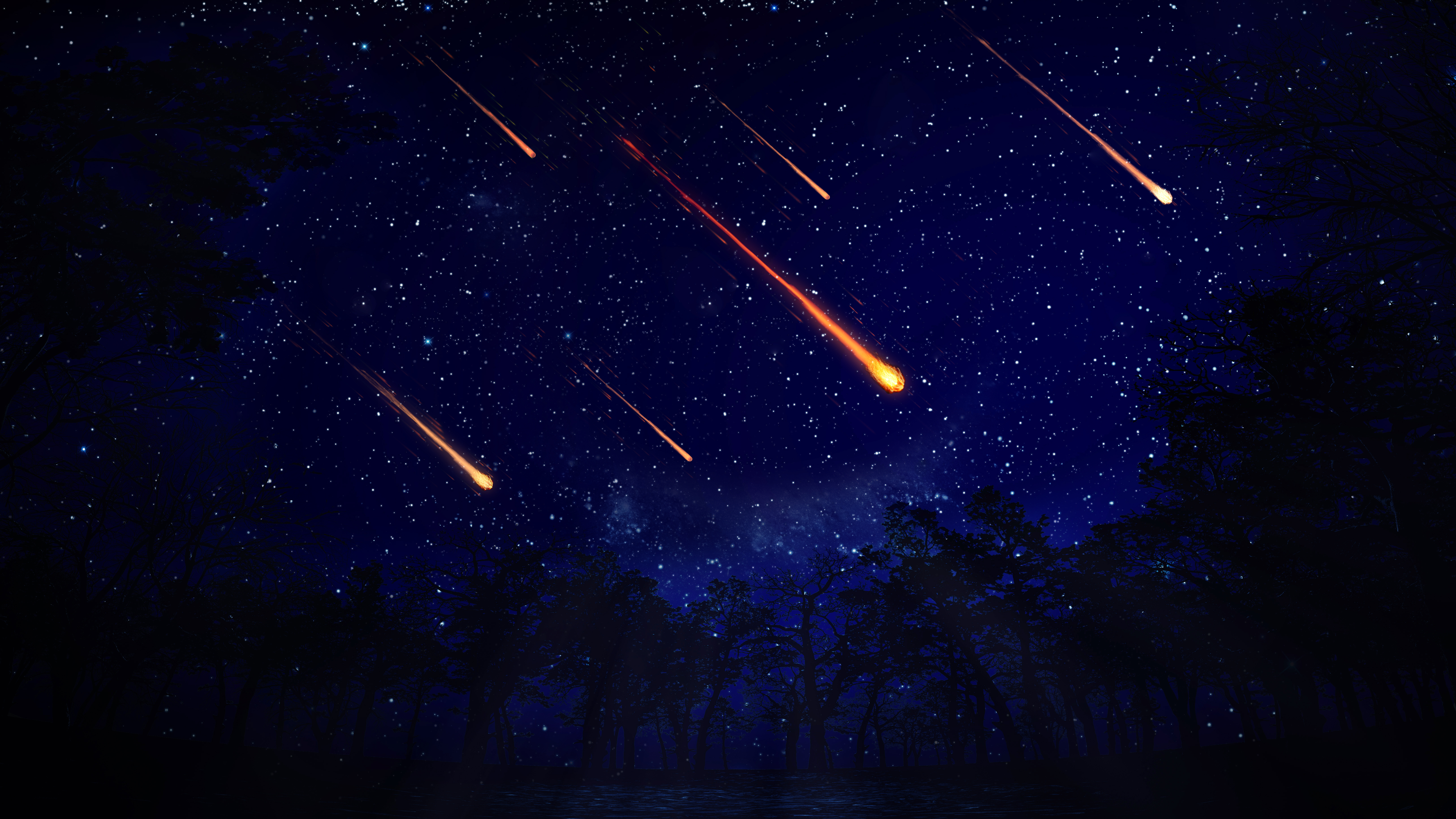An asteroid hit the Earth at 21:22 UTC (5:22 EST) on March 11, 2022. The asteroid was discovered by Hungarian astronomer Krisztián Sárneczky just two hours before its impact.
DON’T MISS: Deals: AirPods Pro sale, $14 bed pillows, $200 off MacBook Pro, more
An asteroid hit the Earth right after it was discovered

The asteroid in question is 2022 EB5. It crashed into the Earth north of Iceland and was small enough that it didn’t cause any damage to the planet. This is the fifth time astronomers have discovered an asteroid prior to its impact. Previous asteroids include 2008 TC3, 2014 AA, 2018LA, and 2019 MO (via EarthSky.org).
Astronomers say when the asteroid hit Earth it was traveling at around 11 miles per second. This isn’t an unusual rate of speed for asteroids. However, the asteroid was much smaller than some we’ve seen like Asteroid 7482, a 3,500-foot wide asteroid that breezed past Earth earlier this year.
Because of its speed and size, it’s likely most or all of this asteroid was vaporized during entry into the Earth’s atmosphere. It’s possible people in the area of the impact experienced a bright meteor or shooting stars in the sky that afternoon.
In fact, the International Meteor Organization is looking for reports from anyone who might have seen the impact of 2022 EB5. If you did notice any flashes of light or hear any booms when the asteroid hit the Earth, make sure to report it to the organization as they continue their search for any remnants left behind by the asteroid.
How big was the asteroid?

Astronomers at the Piszkésteto Mountain Station believe the asteroid was around 3 meters (or 10 feet) wide. That’s a far cry from the larger asteroids we’ve seen breezing past Earth in recent months.
For reference, diving boards on competition pools are around 3 meters long. You can also picture an adult male tiger, which can grow to be around 3 to 4 meters long, for a decent comparison. No matter what you compare it to, the asteroid that hit Earth was relatively small. That means it won’t have caused any kind of damage to the planet – if it even actually hit the surface.
As we mentioned above, when the asteroid hit Earth, it most likely burned up in the atmosphere. If anything did make it down to the surface of the planet, it was likely just small rocks or particles of dust. So, there isn’t really anything to worry about.
In the event that a larger asteroid finds itself hurtling towards Earth, NASA is working on some anti-asteroid defend measures. One of its primary defense systems, D.A.R.T will conclude a test later this year. That should allow us to redirect larger asteroids as needed to keep them from hitting the planet. For now, though, we can rest easy knowing the last asteroid that hit Earth was barely noticeable.








